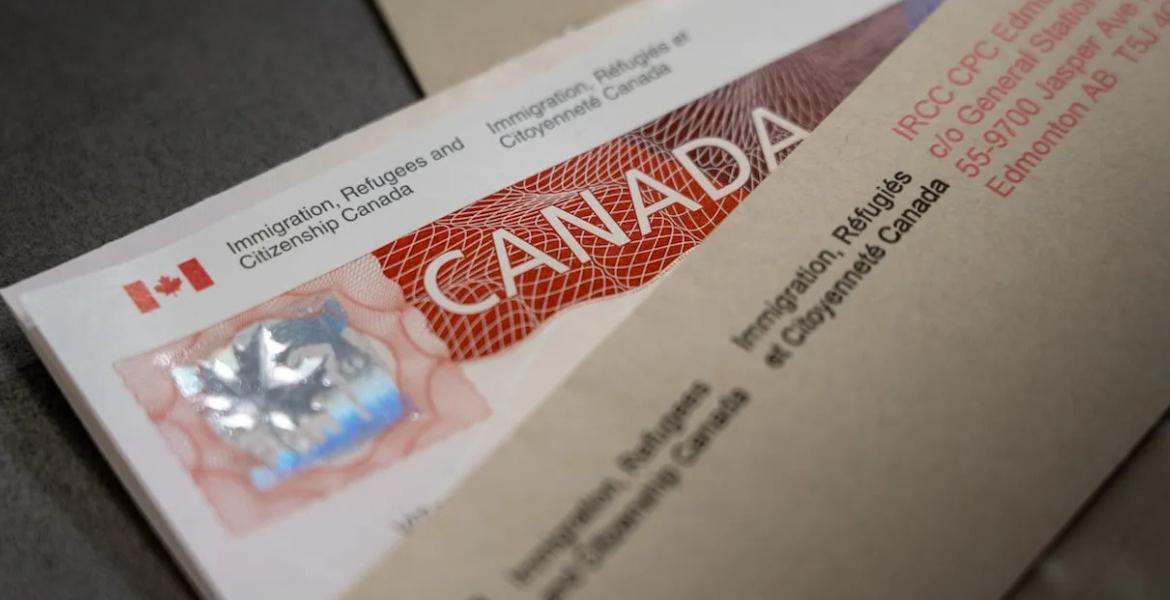Study Permit Approvals in Canada Fall Over 70% in First Half of 2025

Canada issued over 214,000 fewer study and work permits in the first half of 2025 compared to the same period last year, marking a drop of nearly 57% in new arrivals.
Government data show that the number of study permits issued fell by more than 70%, from 125,034 between January and June 2024 to just 36,417 during the same period in 2025. Work permits also declined significantly, down 50% from 245,137 to 119,234.
The decline reflects the impact of recent immigration policy changes introduced by Immigration, Refugees and Citizenship Canada (IRCC). In early 2024, the federal government implemented a two-year cap on international student permit applications, aiming to reduce the total by 40%.
That cap was further tightened in 2025, with a planned issuance limit of 437,000 study permits, 10% lower than the previous year's ceiling. Monthly figures show the extent of the slowdown. In March 2025, only 3,819 study permits were approved, the lowest monthly total recorded. April saw 8,543 permits granted, compared to 45,806 in April 2024. Modest increases followed in May and June, with 4,553 and 4,185 permits issued respectively.
In addition to numerical limits, the government introduced several procedural changes. All study permit applications must now include an attestation letter from a provincial or territorial authority, effectively shifting part of the approval process to local governments.
Eligibility for post-graduation work permits has also been narrowed. Since September 2024, students enrolled in programmes offered through curriculum licensing agreements, commonly used by private colleges, are no longer eligible for these permits.
Further restrictions apply to open work permits for spouses of international students. As of 2025, only partners of students enrolled in master’s or doctoral programmes can apply, excluding spouses of undergraduate and college-level students.
Federal officials say the measures are intended to manage population growth and ease pressure on housing and public services. However, the sharp decline in new international arrivals is expected to have significant implications for educational institutions and local economies that rely on foreign students and workers.








Add new comment